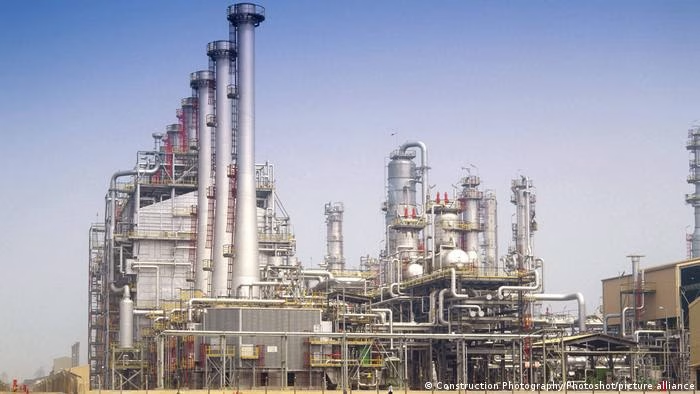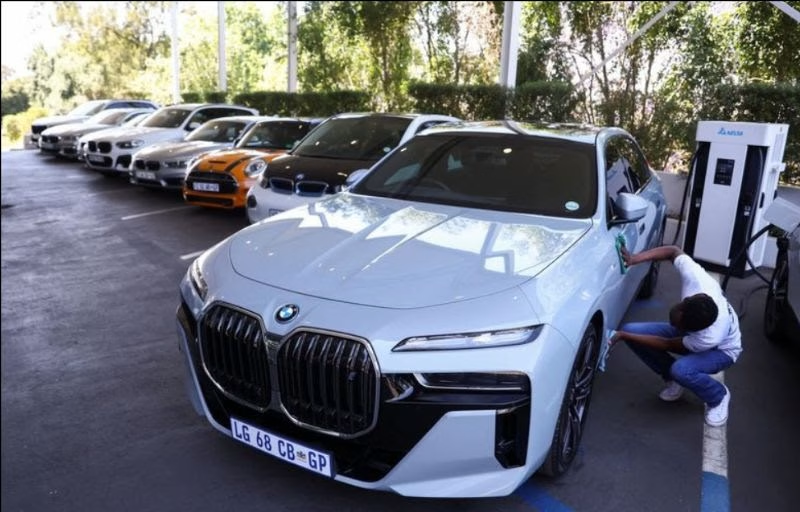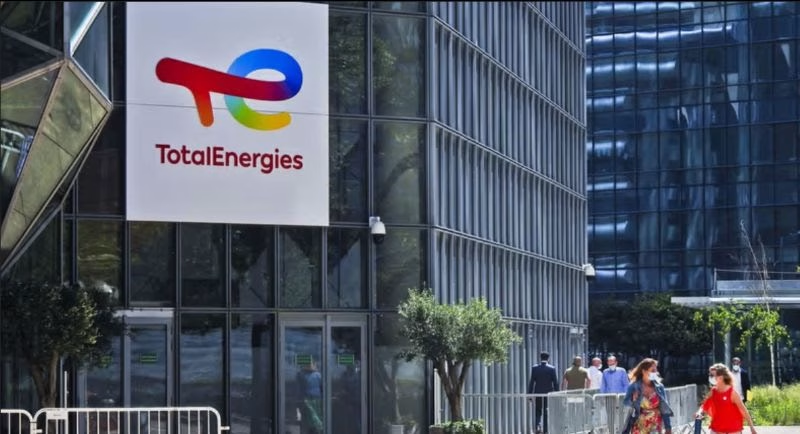Rwanda’s ambitious urban transformation, particularly in Kigali, highlights a tension between modern development and the preservation of social memory in a post-genocide society. The city’s master plan, aiming for completion by 2050, has led to the demolition of informal settlements, displacing residents and disrupting long-established communities. While the vision for Kigali includes creating a “green city” and attracting foreign investment, it largely benefits the elite, leaving many Rwandans excluded from the new urban spaces. In her new book, Master Plans and Minor Acts: Repairing the City in Post-Genocide Rwanda, Shakirah E. Hudani argues that such top-down planning erases social memory and hinders true reconciliation, especially since most of the agents of this planning are from abroad and are unfamiliar with the country’s complex history. She suggests a more inclusive approach, where smaller-scale, community-focused planning honors the history and social fabric of Rwanda, fostering a “Kigali-for-all” that balances modernization with social repair.
SOURCE: THE CONVERSATION











New Satirical Drama Nya Uriri (Pek Chi Liel) – The Widow’s Burden Sparks Conversations On Widowhood And Inheritance In African Culture